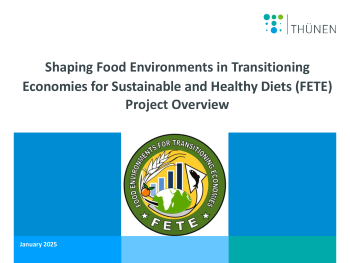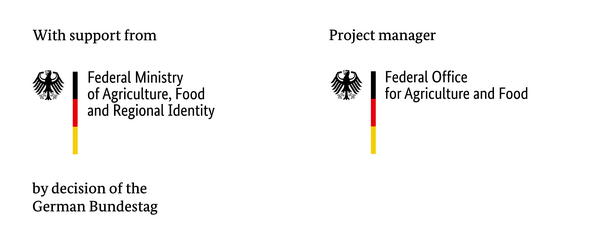About the project
The 'triple burden' of malnutrition (undernourishment, micronutrient deficiencies and overeating) is now prevalent in many countries, regardless of wealth. Dietary patterns and food value chains, which have become increasingly uniform and unhealthy globally, are major contributors to the burden of noncommunicable diseases (NCDs). Dietary shifts towards increased consumption of meat, sugar and high-calorie fatty and refined starch-based foods in low- and middle-income countries (LMICs) are increasing at an alarming rate, contributing to diet-related NCDs and need to be addressed.

The overall objective of the project is to
- build a common understanding of the problems and opportunities, and develop solutions, for shaping food environments in transition economies to promote the consumption of nutritious food for better health in Ghana, Malaysia, South Africa and Tanzania.
- use a variety of approaches to study dietary habits, consumer and food supply trends and policies to develop evidence-based policy recommendations for transforming food environments, targeting marginalised urban communities in all partner countries,
- provide a reference model for how the approaches developed and the results obtained can be applied more widely in the Global South.
This multidisciplinary consortium has the expertise to develop solutions to shape the food environment in transition economies to promote nutritious food consumption for better health outcomes. The project will focus on marginalised urban communities. One of the main drawbacks of rapid urbanisation is the increase in these communities and inequalities.
Project duration
January 2023 – September 2026
Funding
FETE is funded by the German Federal Ministry of Food and Agriculture (BMEL) through the Federal Agency for Agriculture and Food (BLE) on the basis of a decision of the German Bundestag.

